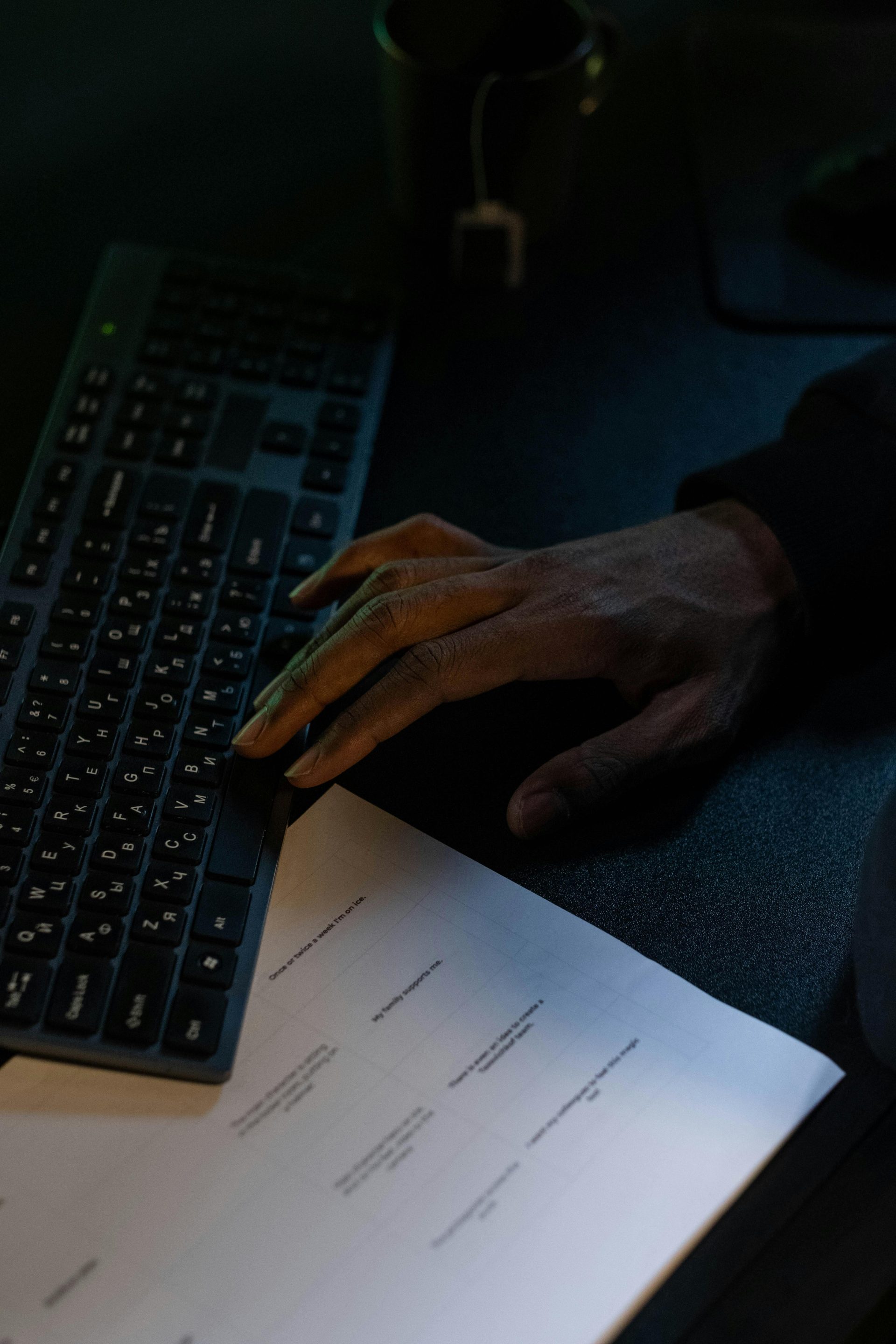Reputation risk in a world where visibility is structured, not personal.
Everyone knows they should Google themselves.
Fewer know that Google is no longer the most dangerous layer of visibility.
In 2025 and beyond, reputation risk no longer begins with the press. It begins with:
- A scraped profile on a data aggregator
- A misclassified affiliation in Wikidata
- A false summary from ChatGPT
- A board committee pulling records from Refinitiv
- An overseas jurisdiction surfacing old regulatory data
- An AI assistant summarizing your life incorrectly, in another language
The modern web isn’t just about what people can see.
It’s about what systems remember, and how they interpret you.
And what they interpret can shape outcomes long before a human has a chance to ask you anything at all.
Visibility Is No Longer Linear
For decades, visibility worked like this:
- You’re mentioned in an article
- It shows up in search
- People read it
- They form an opinion
- You respond (if needed)
That model is obsolete.
Today, you are interpreted before you’re even looked up.
LLMs, risk engines, trust layers, and search intermediaries now pre-process your identity, often producing summaries that shape perception before anyone even sees your original content.
These summaries don’t care about nuance.
They care about what’s structured, what’s linked, and what looks official, even if it isn’t.
The Layers Beneath the Surface
Let’s break down what really determines your reputation behind the scenes:
- Wikidata — machine-readable version of your biography, scraped by LLMs, often edited by strangers
- Wikipedia — human facing reputation filter that sets notability thresholds
- Crunchbase / PitchBook / CB Insights — investor grade credibility scaffolds
- Refinitiv / LexisNexis / OpenCorporates — used in compliance screening
- Bloomberg / Google Knowledge Panels / Apple Business — high trust summaries that AI trusts
- Language variants — misaligned international summaries that bleed into English
- Obscure aggregators — directories, platforms, and government filings that were never meant to be public, now globally searchable
If these aren’t reviewed, aligned, and managed, your public face may be calm, while your institutional shadow is chaotic.
That’s where deals break down.
Not in what people see, but in what systems infer.
Reputation Is Now Data Hygiene
It’s no longer enough to “have a good story.”
Your story needs to be:
- Findable
- Structurally aligned
- Legible to AI
- Confirmed across sources
- Free from contradiction
- Translated properly
- Accessible in regulatory and institutional layers
- Protected from miscategorization
This is not PR.
It’s reputation data engineering, and it is now a prerequisite for trust.
The Dangers of Ignorance
Many high-level individuals, founders, investors, advisors, public figures, still assume their digital reputation equals:
- Google results
- Social media
- Recent press
But here’s what we’ve seen at Provantara:
- A founder blocked from a sovereign fund deal because of a mistranslated profile
- A family office heir misquoted in AI summaries due to unsourced content
- A former politician permanently miscategorized by Wikidata
- A philanthropist’s name linked to an outdated directorship that no longer reflects reality
- A private equity partner flagged by automated background tools for a false affiliation
All of these issues could have been corrected.
But by the time the deal was in motion, it was already too late.
Because the system had already decided what kind of person they were.
What You Can Do Now
Here’s what any high-trust individual or institution should do immediately:
- Audit your name across structured platforms, not just search
- Harmonize core bios across jurisdictions and languages
- Control your presence in Wikidata and institutional databases
- Minimize visibility where it’s harmful or irrelevant
- Correct facts before they’re summarized into hallucinations
- Structure visibility the way a legal entity structures risk: intentionally, with foresight
The goal isn’t perfection.
The goal is control.
Because a clear, controlled narrative, even if minimal, outperforms a messy, overexposed one every time.
Final Thought
Reputation is no longer a reflection.
It’s a predictive layer, one that systems use to decide whether you are:
- Eligible
- Trustworthy
- Influential
- Risky
- Real
What’s dangerous today is not what’s being said about you.
It’s what’s being inferred without your knowledge.
That’s why we help clients build reputation infrastructures, not campaigns.
Because in this era, what Google doesn’t show you can still cost you the deal.


